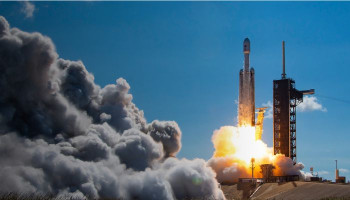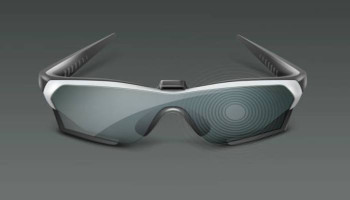
A cargo-return technology developed by Germany-based Atmos Space Cargo will carry out its first in-space test with a forthcoming SpaceX mission. The company’s Phoenix capsule is set to be deployed aboard the Bandwagon 3 rideshare mission, scheduled for April.
The capsule is specifically designed for the safe return of high-value materials from orbit, strengthening the biomedical industry by enabling the retrieval of crucial research samples. The mission aims to collect important data on the capsule’s subsystems, onboard payloads, and reentry performance.
Mission goals and scientific payloads
Reports suggest the Phoenix capsule will carry four payloads, including a German Aerospace Center (DLR) radiation detector and a bioreactor from UK-based Frontier Space. The mission’s primary objectives include testing Phoenix's performance in orbit, assessing data from customer experiments, and deploying its proprietary inflatable atmospheric decelerator (IAD) for reentry stabilisation.
Industry experts underscored the challenges of bringing the launched experiments back to Earth due to increased expenditures. However, the cost and complexity have now been minimised.
Atmos Space Cargo positions Phoenix as an affordable and secure option for returning biomedical samples and other sensitive payloads.
Although Phoenix’s survival beyond its debut mission is uncertain, the gathered data will significantly contribute to upcoming developments. Enlarged iterations of the capsule are planned to carry heavier payloads such as potential reruns of the rocket stages.
Advisory board member and former NASA Deputy Administrator Lori Garver said that developments in reusable and cost-effective return technology are important for the future of orbital space operations.
















